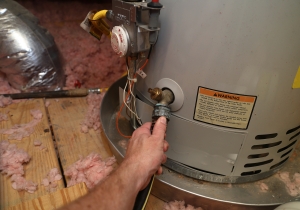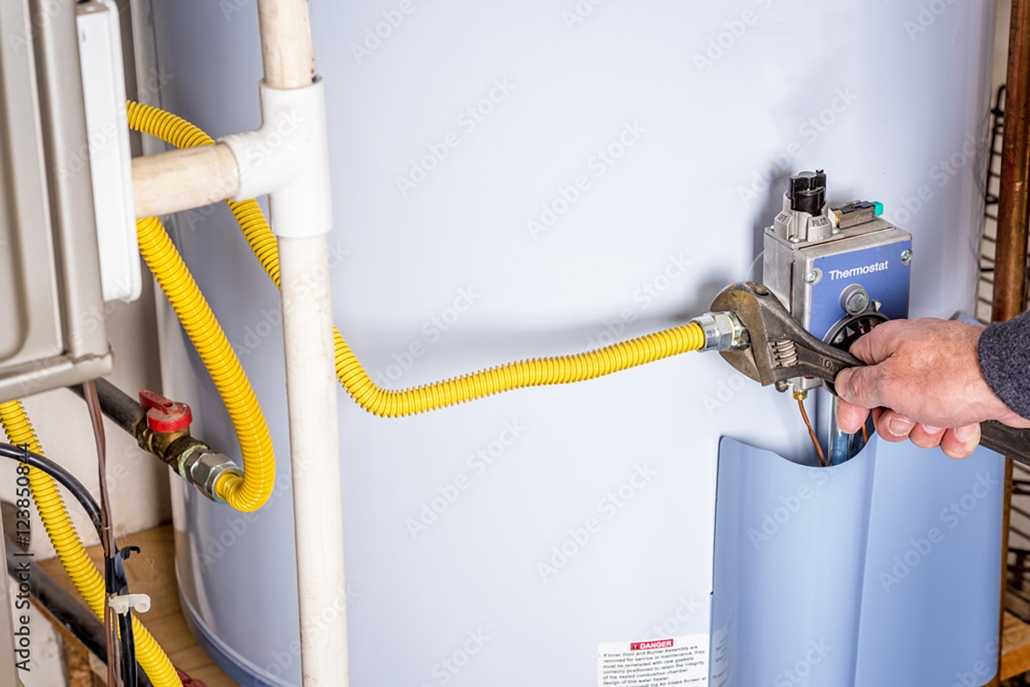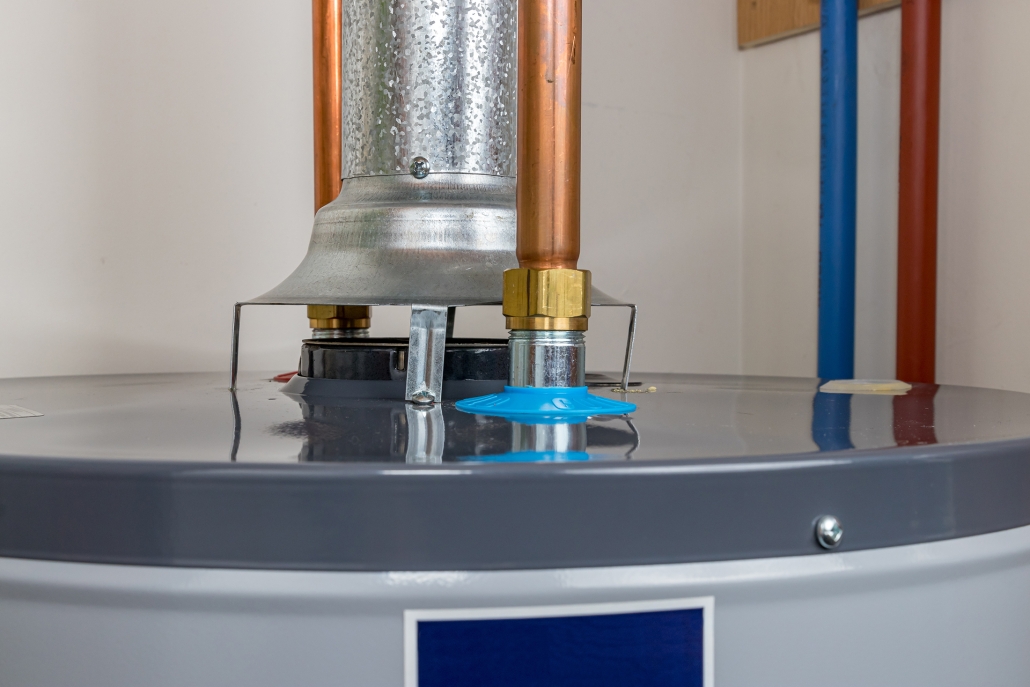When Replacing a Water Heater, what Type of Water Heater Should I Choose?
When replacing a water heater, choosing the right water heater is an essential decision for any homeowner. At Poole's Plumbing, we understand the importance of having a reliable and energy-efficient water heater that meets the needs of your household or commercial business. With years of expertise in plumbing and water heater installations, we're here to guide you through the key factors to consider before choosing.
 Water Heaters Available
Water Heaters Available
Water heaters come in several types, each with its advantages. Here's a quick breakdown of the most common types:
1. Storage Tank Water Heaters
This is the traditional water heater you're likely familiar with. It stores hot water in a tank and is available in various sizes to meet your household's demand. While it tends to be more affordable upfront, it can be less energy-efficient than other options due to standby heat loss (the energy used to maintain water temperature when unused).
2. Tankless Water Heaters (On-Demand)
These heaters provide hot water only when needed, eliminating standby heat loss. Tankless systems are more energy-efficient and take up less space. However, they often have a higher initial cost and may require upgrades to your home's plumbing or electrical systems.
3. Heat Pump Water Heaters (Hybrid)
Heat pumps use electricity to move heat from the air or ground to heat your water. They are highly energy-efficient but may have higher upfront costs. These units are best suited for warmer climates since they rely on ambient heat to function effectively.
4. Solar Water Heaters
Solar water heaters are an eco-friendly choice that uses solar energy, which can significantly reduce energy costs over time. However, installation costs tend to be higher, and these systems often require a backup solution for cloudy or colder days.
5. Condensing Water Heaters
A condensing water heater could be great if your home uses natural gas. They are particularly efficient for households that use hot water, as they capture and use the heat from gas combustion that would otherwise be wasted.

Key Factors to Consider
Selecting the right water heater for your home goes beyond choosing a type. Here are the most critical factors to keep in mind:
1. Fuel Source
The type of fuel your water heater uses significantly affects efficiency and operating costs. The most common fuel sources are:
- Electricity: Widely available but can have higher operational costs compared to gas.
- Natural Gas or Propane: Often less expensive to operate but requires access to a gas line.
- Solar: Ideal for reducing energy costs but depends on weather conditions.
- Oil or Geothermal: Less common but available in certain specific setups.
If you're unsure which fuel type is best for your home, our team at Poole's Plumbing can help evaluate your current setup and make recommendations.
2. Energy Efficiency
Energy efficiency is a key consideration when thinking about environmental and budget purposes. Look for water heaters with:
- Energy Star Certification: These models meet strict energy-efficiency guidelines set by the U.S. EPA and can save you money over time.
- Uniform Energy Factor (UEF): This rating measures the unit's overall efficiency. A higher UEF means better efficiency.
- Insulation and Standby Heat Loss Features: Choose units with high-quality insulation to reduce heat loss and improve energy efficiency.
3. Household Size and Usage
The daily needs of your household or business will influence your discussions on the size and type of water heater you should choose:
- For storage tank water heaters, pick a tank size that meets your peak demand (e.g., 50–60 gallons for a family of four).
- For tankless water heaters, choose a unit with the correct flow rate to handle simultaneous water usage (e.g., showers, dishwashers, and washing machines).
4. Space Availability
Evaluate the space available in your home to determine whether you can accommodate a larger storage tank or need a smaller tankless model. If you're tight on space, consider options like wall-mounted units.
5. Initial Cost vs. Long-Term Savings
While storage tank water heaters tend to be more affordable upfront, tankless and hybrid models offer long-term savings in energy costs. So, determine your budget and weigh the initial investment you want to make in your home against potential savings.
6. Installation and Maintenance Requirements
Some water heaters, like tankless units or solar systems, may require more complex installation, plumbing, or electrical work. Having a regular maintenance program is essential for prolonging the life of your water heater, so be sure to factor that into your discussions and final decision.
Additional Features to Look For
Innovative features can further enhance your water heater's functionality and efficiency:
- Digital Displays: Having this display allows you to monitor water temperature and energy usage.
- Smart Water Heaters: Enable remote control and tracking through mobile apps.
- Anti-Scale Devices: Help reduce mineral buildup for longer system life.
- Warranty: A more extended warranty often implies better manufacturing quality and reliability.
Trust Poole's Plumbing for Your Water Heater Needs
Choosing the right water heater doesn't have to be overwhelming. At Poole's Plumbing, we're committed to delivering expert guidance and reliable service to ensure your home has a water heater that fits your needs perfectly, from selecting the ideal unit to professional installation and maintenance.
If you're ready to upgrade your water heater or need help deciding which option is best for your household, contact Poole's Plumbing today. With over 20 years of experience serving Raleigh and the surrounding areas, we're proud to offer top-quality customer service you can trust.






